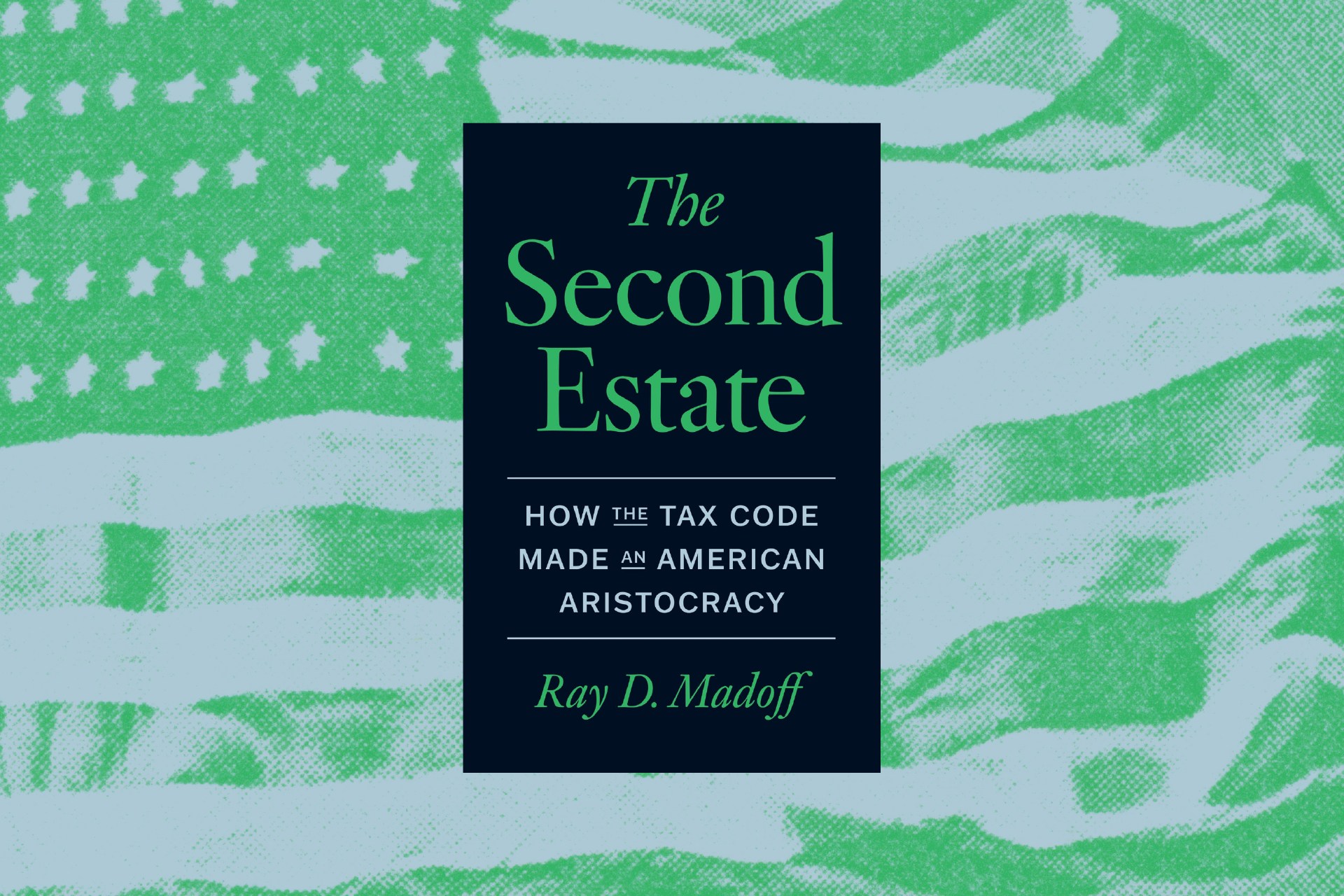The Century-Old Tax Game: How the Rich Stay Rich
For over a century, the concept of “taxing the rich” has been a cornerstone of modern fiscal policy. The introduction of income and estate taxes in the early 20th century was intended to redistribute wealth and ensure those with the greatest ability to pay contributed the most. But how effective have these measures truly been? A deeper look reveals a complex landscape where sophisticated strategies often allow the wealthiest to navigate the tax system with remarkable agility.
The Progressive Promise and its Pitfalls
The income tax, established in 1913, and the estate tax, introduced in 1916, were initially conceived as levies on the ultra-wealthy. Progressive tax rates, where higher incomes face higher tax percentages, were designed to create a fairer system. The estate tax aimed to capture wealth as it passed between generations. These taxes were intended to impact a small fraction of the population, initially leaving over 95% of Americans untouched.
However, the expansion of the income tax base during World War II, while necessary to fund the war effort, marked a turning point. What began as a “class tax” transformed into a “mass tax,” affecting a much broader spectrum of society. This shift, coupled with evolving tax laws and sophisticated financial planning, opened avenues for tax avoidance, particularly for those with the resources to exploit them. The complexity of tax codes, often influenced by lobbying and political maneuvering, creates loopholes and opportunities that are disproportionately accessible to the wealthy.
The Art of Avoidance: A Modern Playbook
The reality is that the wealthiest individuals and corporations often employ sophisticated strategies to minimize their tax burden. These strategies range from utilizing offshore accounts and tax havens to leveraging complex investment vehicles and charitable donations. The resources available to the wealthy allow them to engage high-powered legal and financial teams dedicated to identifying and exploiting these loopholes.
Furthermore, the globalization of finance has made it increasingly difficult for governments to track and tax wealth. Capital can flow across borders with ease, making it challenging to enforce tax laws effectively. The result is a system where the burden of taxation often falls disproportionately on the middle class and wage earners, who have fewer opportunities to shield their income from taxes.
A Shifting Landscape?
The debate over tax fairness continues to be a central theme in political discourse. Proposals to simplify the tax code, close loopholes, and increase taxes on the wealthy are frequently put forward, but often face significant resistance. Whether or not these proposals gain traction will depend on a complex interplay of political will, economic realities, and public opinion. Ultimately, the future of taxation will hinge on striking a balance between encouraging economic growth, ensuring fairness, and funding essential government services.
SOURCE: Vox
Based on materials: Vox





